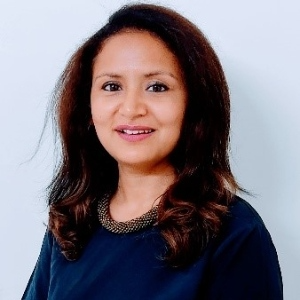Title : Empowering women's reproductive autonomy: The expanded basket of contraceptive choices in India
Abstract:
India’s vision towards equitable healthcare is well known, and so are the country’s systematic efforts in the field of reproductive health and family planning (FP). However, the fifth National Family Health Survey of India (2019-21) estimated that among married women of age 15–49 years, 9.4% have unmet need for FP India, in 1952, became the first country in the world to launch a nation-wide Family Planning Program. However, for long the FP program offered limited five modern contraceptive options: three spacing methods (combined oral contraceptive pills, condoms, and IUDs) and two limiting methods (male and female sterilization). By 2017, the country introduced the National Health Policy, and advances to improve accessibility of contraceptive services, with special efforts towards expanding the basket of contraceptive choices. In 2016, the contraceptive basket was expanded with the introduction of Injectable Medroxy progesterone acetate (MPA) under Antara Program and Centchroman (Chhaya). To further expand the contraceptive basket, provide choices in post-partum period and to offer an effective LARC choice Sub-dermal single rod contraceptive implants were added in the National Program in year 2023.
This unmet need is a crucial indicator for any country to measure and monitor the success of its FP program. This measure also hints towards the gap between women's reproductive intentions and their contraceptive behavior. In India, there is significant reduction in the unmet need of FP by more than 50% over the past three decades (19.5% in NFHS 1 to 9.4% in NFHS 5), however the unmet need among the young population (age 15-29 years) has always been more than the national average, which requires immediate attention. Further, the availability of newer implant seems to have potential to reduce the maternal and perinetal morbidity and mortality among women of reproductive age. However, while doing so, the enhanced contraceptive choice can also be read as a synonym of reproductive autonomy among these women. This enhanced autonomy, providing control of contraception amongst women, seems promising and an optimistic way to avoid unintended pregnancies and related deaths, and further improve overall women’s health and wellbeing.
Audience Take Away:
- What are the Family Planning data showing on unmet FP need over last 30 years.
- How the unmet need of women of reproductive age changed since 1992.
- How reproductive autonomy among women can influence the maternal and perinetal morbidity and mortality and overall health of women.
- What steps are taken to enhance the basket of contraceptive choices for women of reproductive age.




